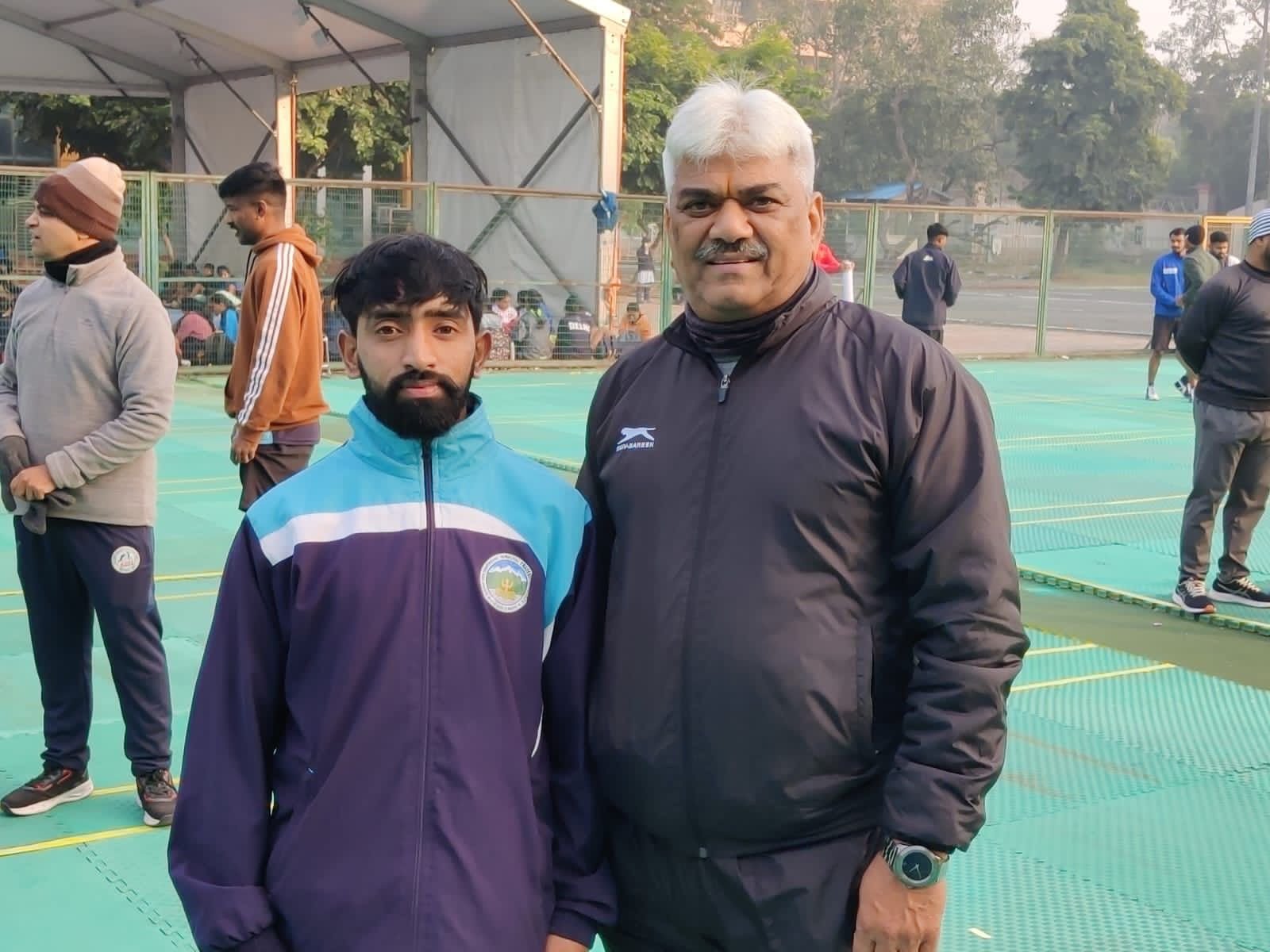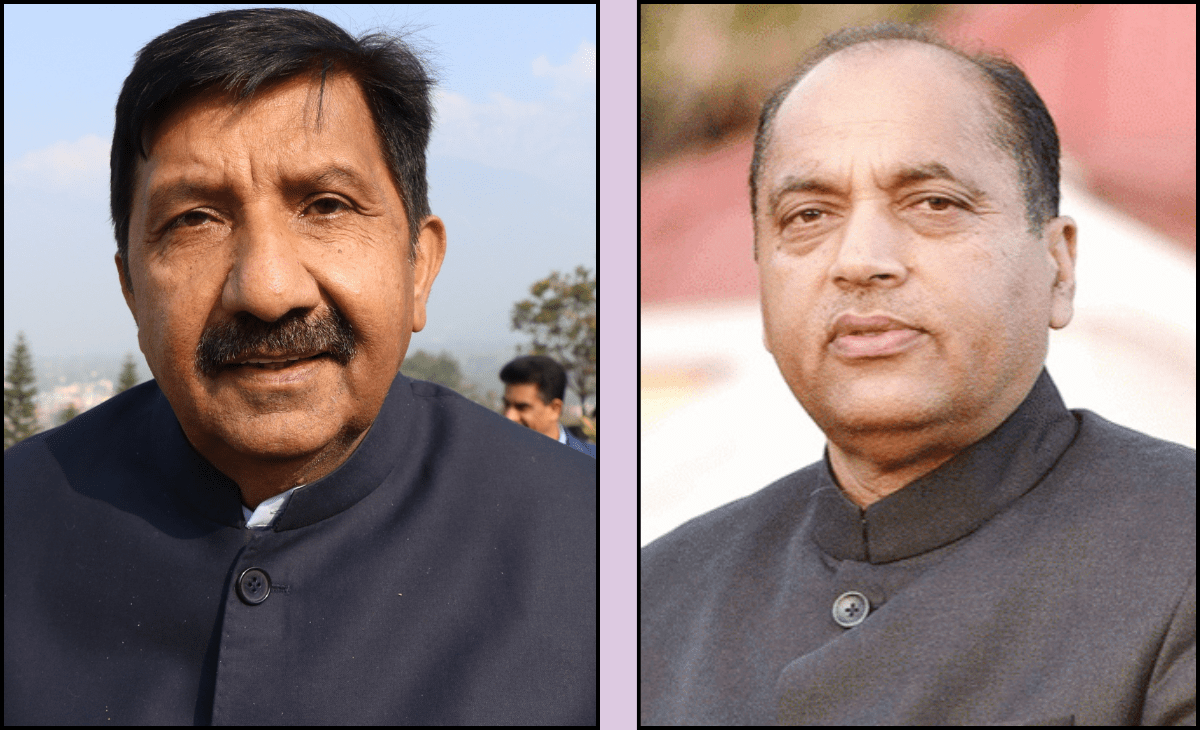TNR Desk
The Supreme Court has rejected all pleas advocating for the complete cross-verification of votes cast through electronic voting machines (EVMs) with voter verifiable paper audit trails (VVPATs). Additionally, the top court also dismissed the plea for returning to the traditional ballot paper system for elections.
Justices Sanjiv Khanna and Dipankar Datta delivered the verdict, emphasising that they extensively deliberated on the protocols and technical aspects involved before dismissing the request for 100 per cent cross-verification of EVM votes with VVPAT slips.
Justice Khanna suggested that the Election Commission of India could explore the possibility of using electronic machines to count paper slips, incorporating bar codes alongside party symbols for identification. However, the court issued two directives. First, it mandated the sealing and securing of symbol loading units (SLUs) in containers for at least 45 days post-results. Second, it stipulated that 5 per cent of EVMs, including the ballot unit, control unit and VVPAT, per Assembly segment of a parliamentary constituency, undergo verification by a team of engineers from EVM manufacturers.
During the proceedings, Justice Datta underscored the importance of maintaining a balanced perspective when assessing systems or institutions, cautioning against blind distrust, which can hinder progress.
VVPAT machines, integrated with EVMs, provide voters with visual verification by printing a paper slip containing their choices. These slips are subsequently used to verify votes cast in five randomly selected polling booths per Assembly segment. Despite opposition demands for cross-checking all VVPAT slips with EVM votes, the top court’s decision underscores the complexities and considerations involved.
In recent years, concerns over the integrity of EVMs have prompted calls for increased transparency in the voting process. While some advocate for counting 100 per cent of VVPAT slips to address these concerns, logistical challenges, including potential delays in result declarations, have been cited. Opposition parties, including the INDIA bloc, have pushed for comprehensive VVPAT verification, arguing that ensuring public trust in the electoral process outweighs concerns about result delays.






